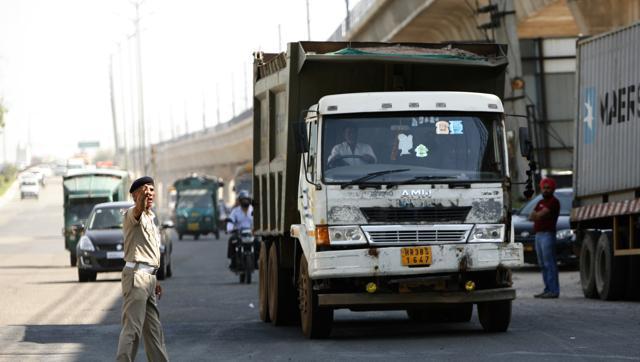Miss Alone
Prime VIP

The Supreme Court is set to hear a petition on Tuesday on banning diesel vehicles entirely in the national capital amid the National Green Tribunal’s (NGT) campaign to clear Delhi’s air.
The NGT had last week ordered that no new diesel vehicles were to be registered in Delhi and urged the Centre and state to consider not buying any more diesel vehicles. The tribunal said it would review the order on January 6, 2016, after taking into account the interim period.
Meanwhile, the green body will hear a plea on Tuesday, seeking modification of its order which said that diesel-run vehicles will not be registered in Delhi in the wake of alarming pollution levels in the city.
Senior advocate Pinaki Mishra, appearing for Delhi-based car dealers at the NGT, is seeking a modification of the NGT order on the ground that diesel cars which were manufactured in 2015 should be allowed to be sold as the existing stock would become obsolete by next year.
As winter gets colder, Delhi’s air pollution levels are set to touch even more alarming levels. Just earlier this month, Beijing, which rivals Delhi as the most polluted city in the world, had raised a red alert over smog levels in its city, forcing schools, construction sites and factories shut. Almost half the private vehicles were also forced off the roads. Delhi could face a similar situation, warn experts, even as the NGT called the city a ‘gas chamber’ while ordering the interim ban.
Diesel emissions have in fact been reclassified as a Class I carcinogen, the same as tobacco, by the World Health Organization (WHO).
According to the Centre for Science and Environment, an NGO, the emission from a diesel vehicle equals the emission from three to five petrol ones.
However, diesel vehicles, which amount for almost half the volume of Delhi’s private vehicles, are a huge market for automakers in the country. Delhi is in fact the country’s largest market for cars, accounting for more than a fifth of sales.
Automakers are anxious about the NGT and apex court hearings. A ruling against the continued use of diesel vehicles would amount to severe losses for both companies and customers.
Diesel currently costs lesser than petrol and is the fuel that moves all trucks, which, along with the railways, are the main carrier of goods. A rise in diesel prices can therefore increase the prices of several goods by adding to the cost of transport.
In the meantime, the Delhi government is readying an even-odd number policy that will prohibit private vehicles from plying every alternate day. To be implemented for 15 days starting January 1, 2016, the measure could see a dip in pollution numbers.
